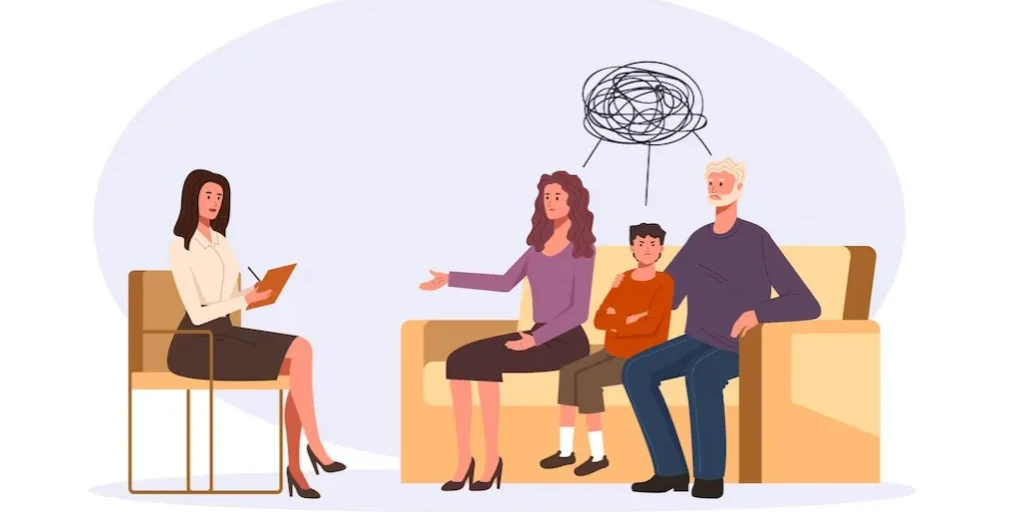24/7 Helpline:
(866) 899-221924/7 Helpline:
(866) 899-2219
Learn more about Group Therapy centers in Lapeer
Group Therapy in Other Cities

Other Insurance Options

Covered California

MVP Healthcare

Aetna

Cigna

Excellus

Carleon

Humana

State Farm

Medical Mutual of Ohio

Optima

WellCare Health Plans

Providence

Ambetter

CareFirst

Group Health Incorporated

BHS | Behavioral Health Systems

Holman Group

Amerigroup

Access to Recovery (ATR) Voucher

WellPoint

Lapeer County – Touchstone
Lapeer County Community Mental Health and CMHSP is a public rehab located in Lapeer, MI. Lapeer Coun...

Alcohol Information and Counseling Center
Alcohol Information and Counseling Center is a public organization located in Lapeer, Michigan. Alco...

List Psychological Services
List Psychological Services is a private group practice specializing in behavioral health care; incl...







Concepts in Counseling
Concepts in Counseling is a private rehab located in Lapeer, Michigan. Concepts in Counseling specia...

Alcoholics For Christ – Faith Christian Church
Alcoholics For Christ - Faith Christian Church is located in Lapeer, Michigan. Alcoholics For Christ...



